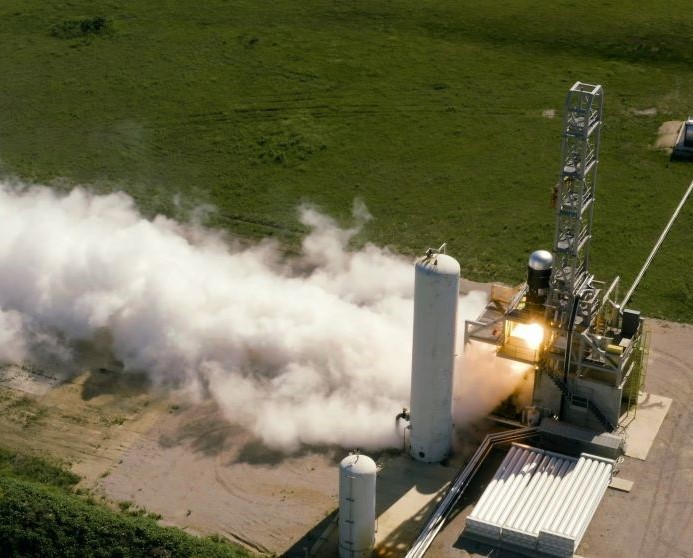What does the year ahead hold for space investors? Before trying to answer that question, let’s take stock of how last year drew to a close.
The space economy, broadly speaking, is growing. “Space infrastructure” companies raised $10.3B YTD through the end of Q3, setting new records, per Space Capital. SpaceX cleared a $100B valuation after secondary share sales (and recently raised ~$337M in fresh equity capital, according to a Dec. 29 SEC filing.)
SPACs were clearly a dominant way to take venture-backed startups public—and represented a liquidity event for space-focused funds. Though SPACs gave public market investors plenty of new chances to invest in pure-play space stocks, those that piled in were licking their wounds headed into 2022.
Newly public space companies underperformed the broader market with wild, stomach-turning gyrations in share prices. You could say that space investing takes quite a bit of intestinal fortitude. Opening the books invites more scrutiny (and short positions).
To take a couple recent examples:
- Planet fell by more than 20% after the company reported Q3 ‘21 earnings.
- Virgin Orbit, which de-SPAC’d Dec. 30, is down by ~14% after just a few days of trading.
Despite these difficulties, space SPACs aren’t going away in 2022. Being publicly traded could become a great filtering event. “You can think of space stocks in the last two years as kind of the dotcom bubble,” DataTrek Research co-founder Nicholas Colas recently told Bloomberg. “There is an initial burst of enthusiasm, then interest dies off…[eventually] the ones that survived have become systemically important.”
A rising tide lifts all boats…and there are industry tailwinds. From the proverbial, continued drop in launch costs to commercial spaceflight entering the zeitgeist, many positive trends will likely accelerate in 2022. SpaceX, the industry’s poster child, completed its 100th successful rocket landing, and notched reusability and launch records. Rocket Lab also hit new company milestones.
In the private markets, these enablers could help many startups execute on product roadmaps, and eventually, prove out untested business models. “This is going to be an even bigger, more historic year for investing into the category,” Space Capital’s Chad Anderson recently predicted while speaking with Yahoo Finance.





